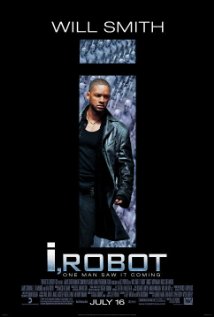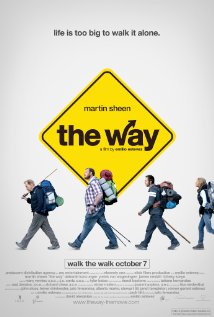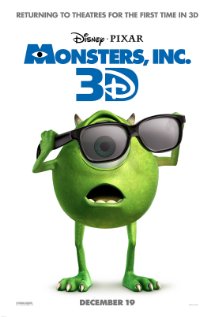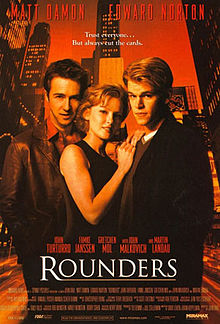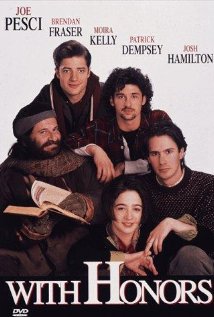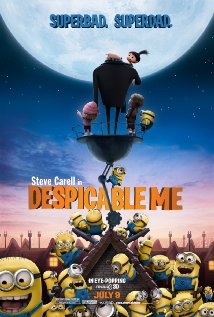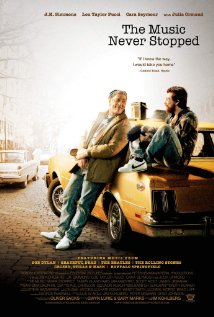Tags
catechesis, Catholic, Christian, cinema, Comedy, designer, Det., Detective, Father, Father's Day, film, God, God the Father, human, I, ministry, movie, movie ministry, Our Father, prayer, Robot, Sacrifice, Spooner, technology, Will Smith
I,Robot begins with Detective Del Spooner flashing back to an accident he had some time before. This incident leads him to a severe distrust of robots and focuses him on their shortcomings. However, robots are something that the culture of the time has come to rely on and since they understand them to be limited by the Three Laws of Robotics, feels completely unthreatened by.
The Three Laws of Robotics:- A robot can not harm a human being.
- A robot has to obey any order that is given by a human being (assuming it does not conflict with the first law).
- A robot can defend itself (as long as it does not conflict with the first or second laws).
When Detective Spooner is called to USR Robotics for the apparent suicide of its top scientist, Dr. Alfred J. Lanning, he is less than amicable to those who continually suggest that the deceased doctor’s death was definitely suicide. They think Det. Spooner’s theory that Lanning’s death could have been at the hands of a robot is just part of his prejudice towards them. However, discovery of a robot named “Sonny,” that has been trained in human emotions and refers to Dr. Lanning as “my father” starts to lend credence to Spooner’s distrust – so much that USR leadership plans to deactivate him as they don’t want news of him to keep anyone from purchasing their newest release robot, the NS-5.
So, what can we gain from i,Robot?
We are created for a purpose: First, Sonny believes he was made for a purpose. It’s kind of funny (to me) when he says “My father made me for a purpose.” I find myself wondering if he was “fearfully and wonderfully made” (Psalm 149). Sorry, that was supposed to be a joke… but in all seriousness, do we remember that we were made for a purpose? Then the next question is if you are made for a purpose, are you fulfilling it? Later on Sonny tells Spooner that he’s completed his purpose and doesn’t know what to do next. Spooner tells him that he’ll have to find his way, just like the rest of us. Do you think the purpose God planned for us can ever really be completed? Are you still trying to find your purpose in life?
Don’t take the term “father” for granted: Sonny refers to Dr. Lanning as “my father” and Det. Spooner corrects him to say “your designer.” There is a distinct difference. As a robot, Sonny shouldn’t care, but he does. “Father” is a much more intimate term than “designer.” So now think about that in terms of God. Do you think of God as a father or a designer? Most (if not all) Christian religious pray the “Our Father” and most that believe in God see him as a father figure of sorts. But do we really take the term “father” to heart? Or do we say “Father,” but really mean “designer.” If so, do we even give Him designer credit?
Personal note: I didn’t really think about this one for Father’s day – but you know how I’ve said in my FAQ page that the Spirit seems to decide what movies I review and when. This one seems to be another example. I have three other flicks I’ve got posts in progress for in various forms – but this one somehow got all the way to posted status without being relegated to the back. It isn’t because I liked this one more or because it was easier to write about (it wasn’t), but it just felt like it needed to be done. I hadn’t even really thought about the father aspect until I re-watched this movie as I started the post.
Protection is worth loss of some freedoms: V.I.K.I cites that the robots must save us from ourselves because of our propensity of self-destruction by war and pollution and that in doing so, loss of some freedoms is a small sacrifice. In some sense, we do this in our own government. Think about all the laws that get enacted to protect (we’ll not argue whether or not they really do), but don’t they usually involve giving up some freedom? It may not be a freedom we ever intended to use, but it’s a freedom nonetheless.
One could also argue that following the rules of a particular religion means loss of freedom. However, isn’t it also freedom to choose that religion or those religious acts that is also freedom?
Find your way like the rest of us, that’s what it means to be free: This line from Det. Spooner to Sonny still plaques me. Is finding our way what it means to be free? Or is it that freedom gives us the ability to find our way? I mean, I guess if we were in all the same, or programmed like robots, we wouldn’t have to worry about finding our place – we’d just know and there wouldn’t be any question to it.
Maybe this is a trivial question, but I keep finding myself wondering what all the humans do since they have robots to handle so much of the work. There are robots to do all your basic chores, demolish houses, clean up highway debris, work in the robot factory and help out in so many areas. Even the cars have autopilot and only are driven by a human when requested. It appears that humans are police and design robots and that’s about all.
On the whole, i,Robot is an interesting trail of breadcrumbs with lots of action. It’s rated PG-13. There’s some very strong language (including at least one G-damn), a fully nude side side shot of Det. Spooner in the shower and lots of action violence against the robots (remember, they can’t harm humans, although they do rough them up a little) so the rating is well deserved.
I will say that I enjoy I,Robot. It’s got just enough suspense, action and comedy for my poor pea brain to be entertained. Hopefuly I’ve helped you go a little deeper if you decide to give I,Robot a try and I hope you do.
Blessings!

